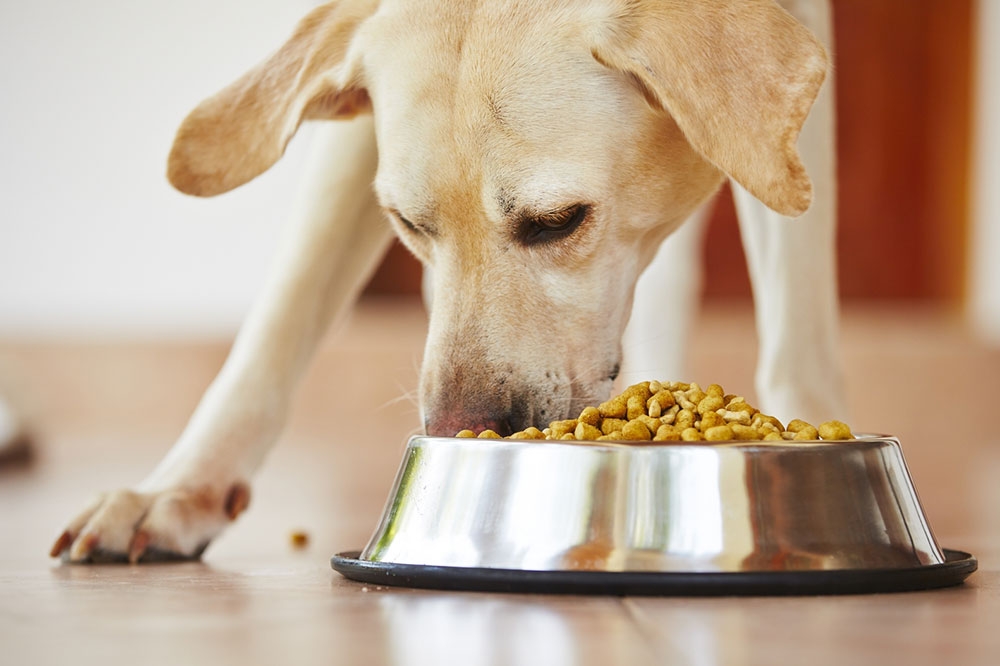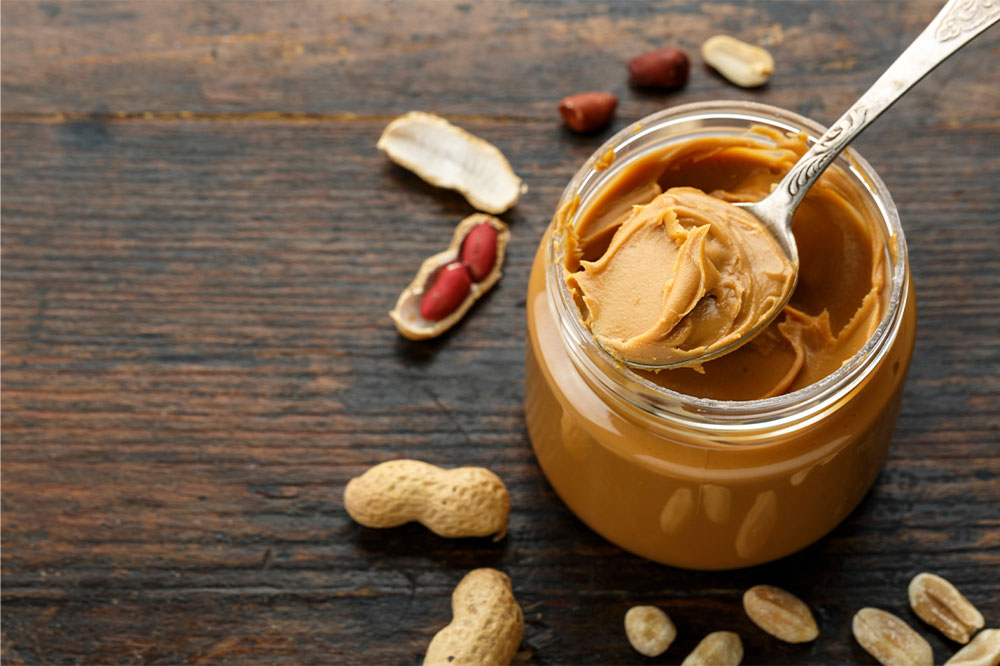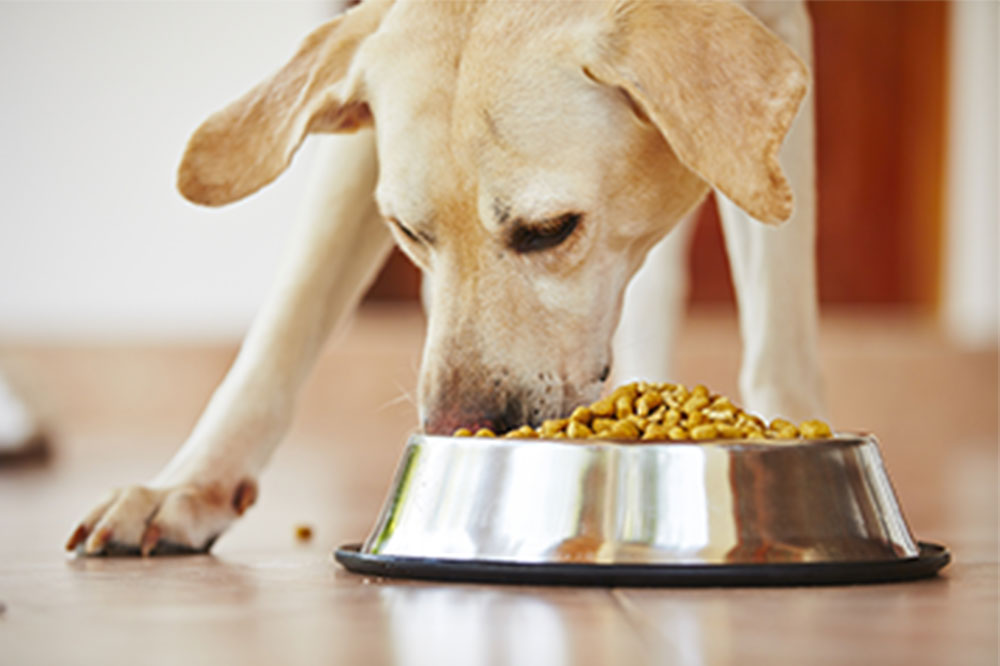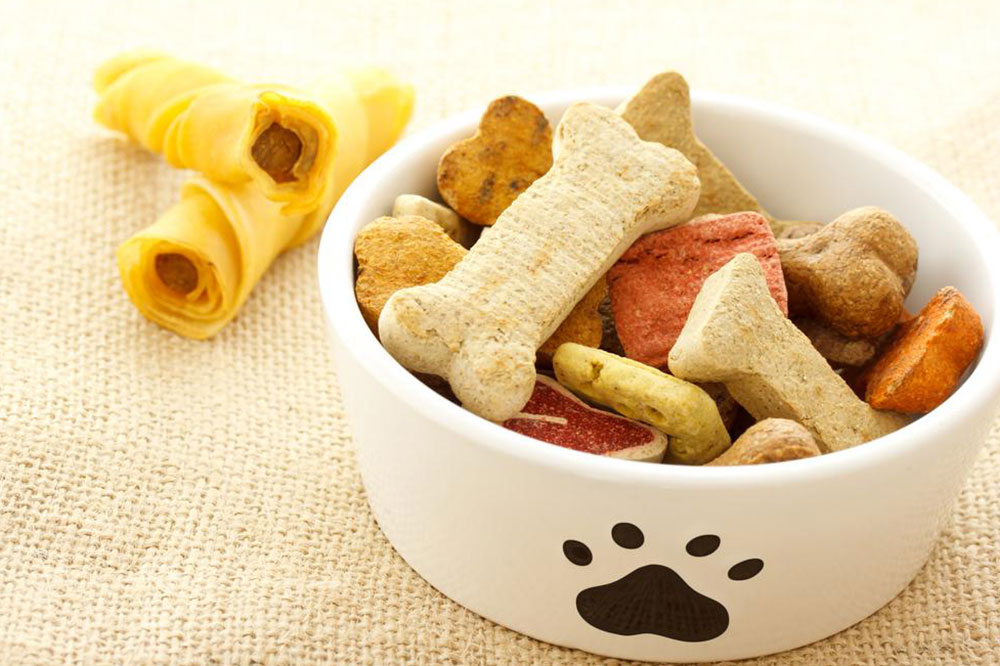Comprehensive Guide to Choosing the Best Dog Food for Optimal Health
Selecting the perfect dog food requires understanding key nutritional ingredients that promote health and longevity. This guide highlights essential components like animal proteins, healthy fats, grains, and fruits, providing pet owners with the knowledge to make informed choices. Proper nutrition supports your dog's immune system, coat health, digestion, and overall vitality, ensuring a happy, healthy life for your furry friend. Learn how to read labels and choose high-quality ingredients tailored to your dog's specific needs for optimal results.

Key Nutritional Components Essential for Healthy Dogs
Just as human diets impact overall health and longevity, the ingredients in your dog’s food play a crucial role in their well-being. Selecting the right dog food requires understanding the essential nutrients that support your pet's growth, energy, immunity, and lifespan. With the pet food market flooded with options, it is vital to know what ingredients to look for to ensure your furry friend receives a balanced, nutritious diet. Proper nutrition not only helps prevent common health issues but also boosts their immune system, enhances coat shine, aids in cognitive function, and improves overall quality of life. In this comprehensive guide, we explore the most important ingredients to consider when choosing quality dog food.
Animal-Based Proteins: The Foundation of Canine Nutrition
Proteins obtained from animals are indispensable for dogs because they are highly digestible and contain all essential amino acids necessary for their health. These proteins help maintain lean muscle mass, support healthy growth, and bolster energy levels. As dogs age, their nutritional needs evolve, making high-quality protein sources even more important. When selecting dog food, read the ingredient label carefully. Look for sources like chicken, beef, lamb, or fish, preferably listed at the top of the ingredient list. Organ meats such as liver and kidney are also rich in nutrients and should be considered part of a balanced diet. Adequate protein intake promotes healthy skin, a shiny coat, strong muscles, and overall vitality while minimizing the risk of nutritional deficiencies.
Carbohydrates and Grains: Providing Energy and Digestive Support
Carbohydrates are a primary energy source for dogs, fueling their daily activities and sustaining overall health. Quality dog foods incorporate digestible grains and starchy vegetables like rice, oats, peas, and sweet potatoes. These provide essential nutrients and dietary fiber, which aids digestion, regulates blood sugar levels, and promotes bowel health. While grains like rice and oats are safe and beneficial, it is advisable to avoid fillers such as soy, corn, or wheat, which are often associated with lower-quality products. These ingredients can sometimes lead to food sensitivities or allergic reactions in some dogs. Choosing food with natural, wholesome grains ensures your pet receives steady energy and maintains a healthy weight.
Healthy Fats: Supporting Cellular Function and Coat Quality
Fats play a pivotal role in supporting cell health, hormone production, and the absorption of fat-soluble vitamins such as A, D, E, and K. Healthy fats also contribute significantly to a dog’s coat shine, skin health, and energy levels. Look for foods that include sources of omega-3 and omega-6 fatty acids, such as fish oils, flaxseeds, coconut oil, chicken fat, and sunflower oil. These fats have anti-inflammatory properties and promote a glossy coat, healthy skin, and optimal brain function. Incorporating the right balance of fats is essential for maintaining your dog’s overall health, especially for active or senior pets that may have different dietary needs.
Fruits and Vegetables: Additional Nutritional Support
While not considered mandatory, fruits and vegetables contribute a wealth of vitamins, minerals, and dietary fiber that support immune health, digestion, and overall vitality. Including ingredients like carrots, blueberries, green beans, and spinach in your dog’s diet can provide antioxidants and phytochemicals that help fight inflammation and oxidative stress. These natural additions can also aid in weight management and prevent issues such as anal gland problems. It’s important to avoid giving your dog foods that are toxic to them, including onions, garlic, grapes, cherries, and mushrooms. Always verify that any fruits or veggies included are safe and suitable for canine consumption.
In summary, choosing the right dog food involves paying close attention to ingredient quality and composition. Prioritize animal-based proteins, high-quality grains, healthy fats, and carefully selected fruits and vegetables to ensure your pet’s nutritional needs are fully met. A well-balanced diet tailored to your dog’s age, breed, and activity level promotes longevity, vitality, and happiness.





